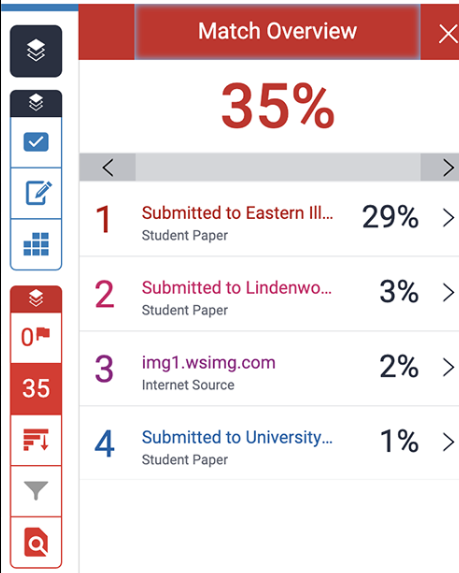October was declared National Cybersecurity Month in 2004 by the U.S. Department of Homeland Security and the National Cybersecurity Alliance to raise awareness about cybersecurity and provide resources for staying safe online. The goal of the observance is to educate the public and organizations on the importance of cybersecurity and how to protect themselves from growing online threats.
At Southern Miss, iTech is responsible not only for handling the university’s cybersecurity but also for helping students navigate campus technology. Some of iTech’s services include assistance with SOAR and Canvas, Wi-Fi setup and password changes when students forget their login information. iTech also manages Eagle Alert enrollment, the computer exchange program at the library and provides technological support for classrooms.
In recognition of National Cybersecurity Month, iTech shared several tips to help students avoid online security breaches.
“If it seems too good to be true, it probably is,” said Allen Baxter, USM’s chief information security officer. “There are many cases of scammers pretending to send out job opportunities or giveaways when they try to get your data.”
Baxter said another red flag to watch for when determining if an email is legitimate is the urgency of the response requested. Scammers often pressure people to respond quickly, leading them to make rash decisions and become more susceptible to fraud.
Some common signs of scam emails include requests for sensitive information, mismatched digital credentials and spelling errors.
“We will never ask you for sensitive information like your password or Social Security number over email,” said David Sliman, USM’s chief information officer of iTech. “No legitimate organization will do that because we understand digital safety is not always reliable.”
Baxter and Sliman also discussed how the rise of artificial intelligence and deepfakes is affecting cybersecurity. They emphasized the importance of verifying requests for sensitive information or financial transactions through a different communication method.
The two assured that iTech stays in contact with other agencies that handle cybersecurity to stay updated on new scams and phishing attempts. They also advised students not to engage with suspicious emails and to report them directly to iTech.




























